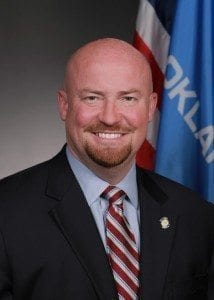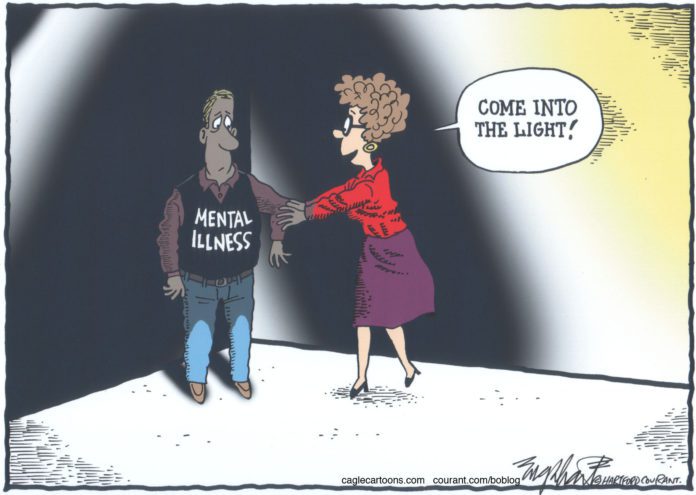BY JOE DORMAN
 As we paid tribute to our veterans earlier this month, it is as important to remember those who are continuing their battles.
As we paid tribute to our veterans earlier this month, it is as important to remember those who are continuing their battles.
Long after concluding their military duty, many who have served our country struggle with post-traumatic stress disorder [PTSD], anxiety disorders, alcoholism and traumatic brain injuries. Several who are leaving military service will not share issues with their counselors because they are afraid this will make it into a public record and prevent them from finding employment. This leads to issues in later years that might have been prevented if the signs were detected. Even for those who do seek assistance, funding is woefully under adequate levels.
Symptoms of PTSD include recurring memories or nightmares, sleeplessness, loss of interest, or feeling numb, anger and irritability. These symptoms sometimes do not surface for months or even years following the event or after returning from deployment.
Some factors can increase the likelihood of a traumatic event leading to PTSD, such as the intensity of the trauma; being hurt or losing a loved one; being physically close to the traumatic event; feeling you were not in control; or having a lack of support after the event.
It is also not just veterans who suffer. After the death of a firefighter years ago, steps were taken to ensure other firefighters on the scene received counseling.
Recently an Oklahoma community experienced the loss of a teenager due to an automobile accident. The school brought in counselors to help those who came forth to discuss what issues they were facing.
We also are all aware of the trauma from the horrible incident in Stillwater just a few weeks ago where a person drove a car into a crowd watching the OSU homecoming parade. While many were physically injured, far more experienced trauma from witnessing this and suffering emotionally.
I can attest personally to how serious this is for students. During my days in school, we lost two sets of students in separate car crashes. At that time there was no counseling and I remember trying to sort through the whys and what ifs.
It is something that never completely goes away, but fortunately, in my case, I had parents, a church family and close friends who helped in the healing. Even after many years, though, the sadness still lingers for their loss.
Mental health concerns should be a higher priority in our state and our nation. About 10% of Oklahoma youth have a mental health disorder and an additional 10% have a substance abuse issue, according to the Department of Mental Health.
Oklahoma ranks near the bottom in every assessment on mental health treatment.
Our Legislature put additional funds in for one year of appropriations, but stripped them back down the very next. Until our elected officials address this concern, many in our state, including the veterans, public servants, and even civilians, will continue to fight their inner battles with little support from those who could make a difference.
– Joe Dorman served House District 65 as a state representative for 12 years and was the 2014 Democratic nominee for governor. Currently, he is the community outreach director for Heart Mobile.







